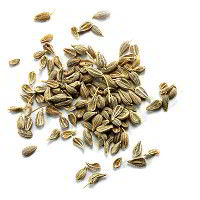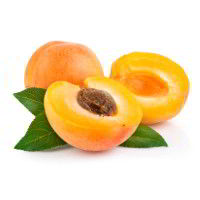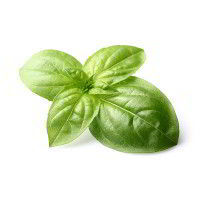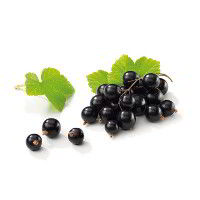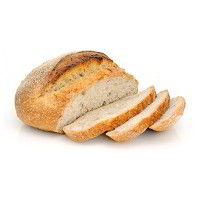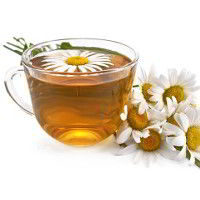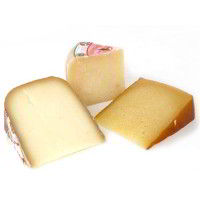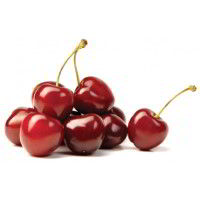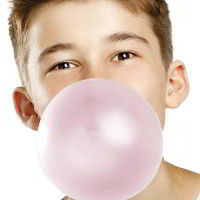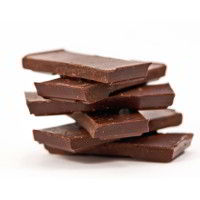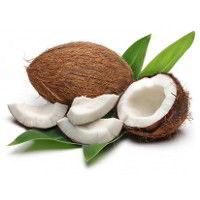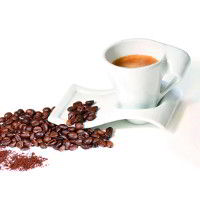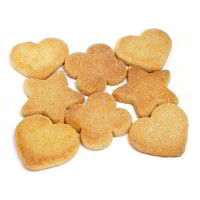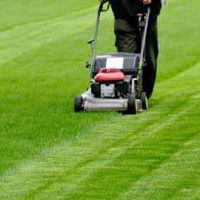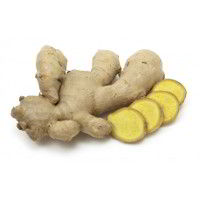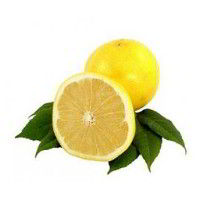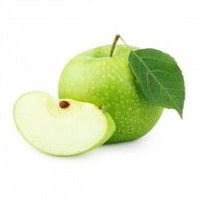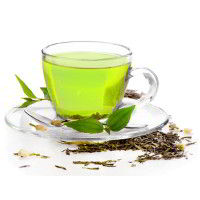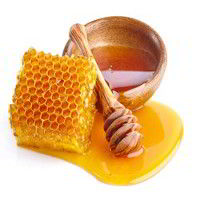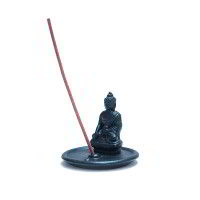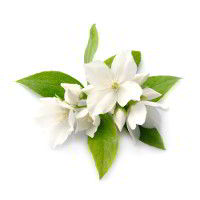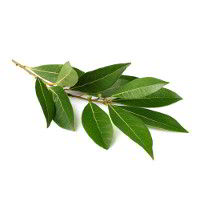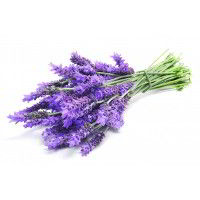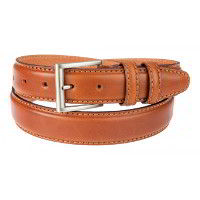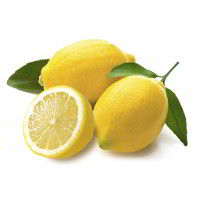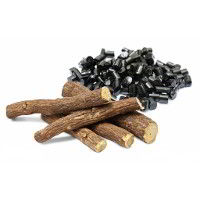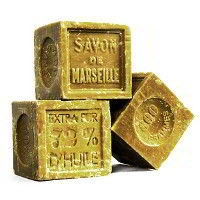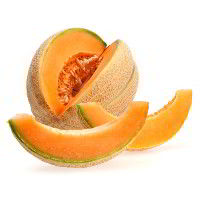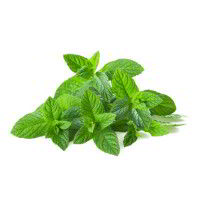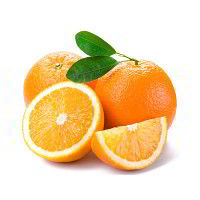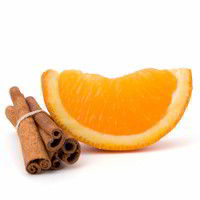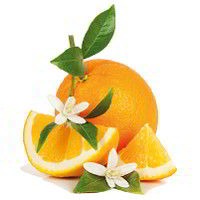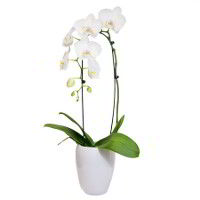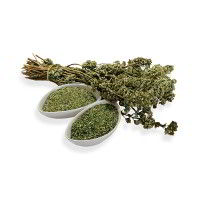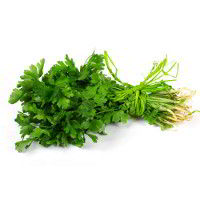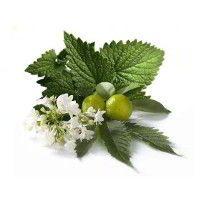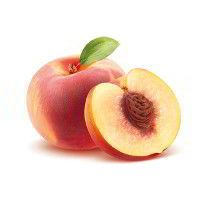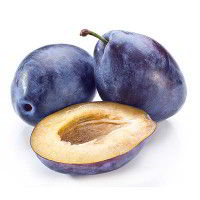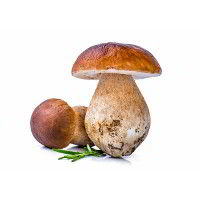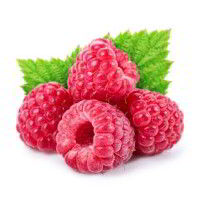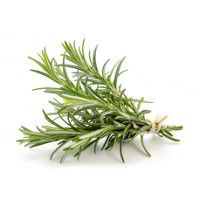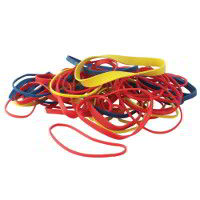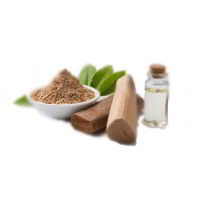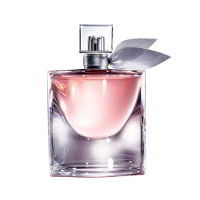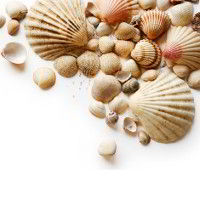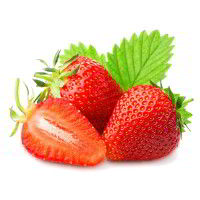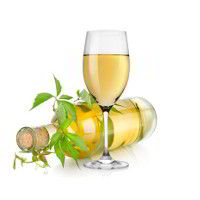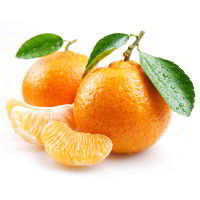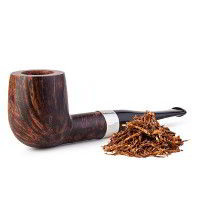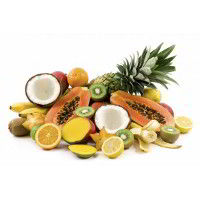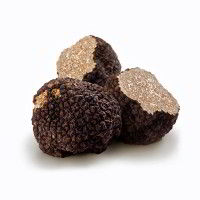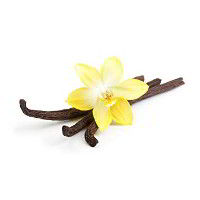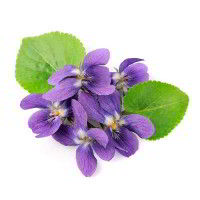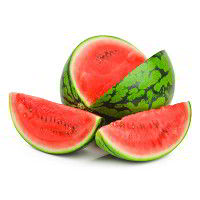Neuromarketing: the smell of commerce
Monday 01st October 2018 - 08:09

Neuromarketing, or Sensory Marketing, is that scientific field of investigation and communication that aims at involving the various senses to increase sales.
Involving therefore more senses beyond sight is not only possible, but it is indeed highly recommended. In fact, although it may seem incredible, visual communication is the least effective while the olfactory marketing is the one with the most interesting results.
That's what Martin Lindstrom, a real marketing and communication world guru, have proved with the help of two neuroscientists (Gemma Calvert and Richard Silberstein) and the use of the most advanced brain scanning techniques (such as the Functional Magnetic Resonance Imaging or the Steady State Topography). He has in fact collected for three years the neuronal responses of the numerous volunteers who participated in the experiments and his results leave no room for doubt and clearly indicate that the most successful brands are able to impose themselves to the attention of the consumer thanks to the appropriate solicitation of his affective sphere.
Changing the type of communication is therefore necessary
It seems impossible, but visual communication is the least effective. But why?
The answer is simple: we are quite addicted to it. Advertising is now based on a multitude of images, lights, colors and the result is that everything is almost flat and "gray".
Let's make a little test: take a printed sheet and underline or highlight a few words. In this way they absolutely stand out. But what if we underline everything?
The result will be that of a general flattening, as when the sheet was untouched.
The sense of smell instead is definitely the best one to focus on.
Pam Scholder Ellen, a marketing professor at Georgia State University, says that "with all other senses, you think before you respond, but with scent, your brain responds before you think".
Smell is a "primordial" sense, we use it instinctively when we buy fruit at the supermarket or when we open a new book. We are inebriated by the perfume of the person we love and we perceive the mouth water when we smell the mommy's kitchen scents. This is because odor receptors activate the limbic system, those areas of the brain that support various psychic functions such as emotions, memories and sense of well-being.
So may I use perfumes to increase my sales?
Absolutely yes! And you're not even going to be the first to do it!
Samsung, in some shops in the center of the chaotic New York, spreads the scent of tropical fruits to relax its customers and to bring them psychologically on a Caribbean beach; British Airways instead radiates the terminals with the essence of freshly cut grass, so as to calm the stress of long waits in the cold and sterile terminal boarding; Nestlé creates the Nescafé packs so that a strong coffee fragrance is released at the opening, which is otherwise impossible for a freeze-dried product.
Are not you convinced yet? Try googling the term RTX9338PJS and you will find out that even in places already loaded with typical perfumes and smells, Sensory Marketing techniques are commonly used.
How much can Sensory Marketing yield?
If rightly done: a lot!
Dr. Alan Hirsch, pioneer of neuroscience and olfactory research, who's also called the "Jacques Cousteau of the nose", has in fact conducted several experiments on olfactory sensorial marketing and the results have been nothing short of surprising.
An experiment, for example, consisted of bringing a group of volunteers into two identical-looking rooms in which Nike snicker shoes were displayed. In one room a perfume of flowers was irradiated, while in the other there was just pure air without odors.
Well, not only the 84% of the subjects said they preferred the shoes in the room with the perfume, but these were also predisposed to purchase with an average of 10 dollars more compared to the subjects in the room without fragrances.
A similar experiment was conducted inside a Las Vegas casino in the slot machine areas. Of 3 areas examined, the one with the irradiation of perfumed fragrances recorded an increase of 45% and there was a clear correlation between the intensity of the perfume and the bet amount.
Sensory Marketing is finding more and more interest among those who have a shop, a business or, in general, deals with marketing.
And what about you? Do you have a nose for business?
We can add a wide selection of essences to any water-color (also the transparent one). Over 60 scents to increase your sales thanks to the olfactory experience of your displays!
